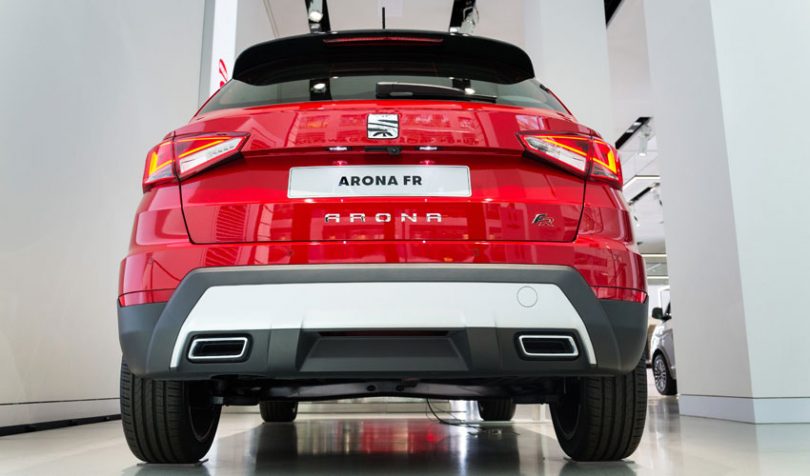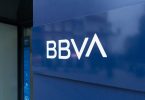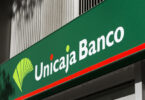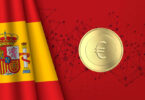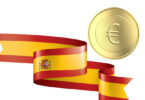Shortly before Christmas, SEAT part of the Volkswagen Group announced plans to extend its blockchain activities. Following the company’s first steps in blockchain with Telefonica, the carmaker wants to explore using blockchain across functions, starting with production and finance. It also plans to educate some of its 15,000 workforce about blockchain technology and hence has joined Spanish blockchain network Alastria.
“Being a part of the Alastria network opens up new possibilities for developing services and products with complete confidence and security,” noted SEAT President Luca de Meo. “We are the first carmaker to join this ecosystem which comprises the country’s major companies. We are convinced of the importance that blockchain technology will have in the future, and for this reason, we want to be involved from the outset.”
SEAT says it’s implementing a digital transformation process to make its auto production more “efficient, flexible, agile and digital”.
The company’s first blockchain experiment was a Proof of Concept with Telefonica to track parts in the Martorell factory’s supply chain. The Telefonica collaboration isn’t limited to blockchain. For example, they’re exploring how 5G technology can be used in connected cars where the road infrastructure has technology that enables it to send alerts to vehicles in the event of dangerous driving conditions.
The two companies also teamed up with Aigües de Barcelona, CaixaBank and Naturgy for the Start4big innovation program. The initiative targets “mature” startups that are leveraging technologies such as blockchain, big data, and artificial intelligence.
Alastria
Alastria, the Spanish blockchain consortium formed at the end of 2017, isn’t limited to any single industry sector and has members from many of Spain’s biggest companies as well as startups, consultancies, lawyers and universities. The plan is to create a semi-public Blockchain/DLT infrastructure. So it provides a blockchain technology platform on which companies can launch distributed applications. The network enables digital identities and tokenization of business assets.
The consortium uses Quorum, the permissioned version of Ethereum developed by JP Morgan.

